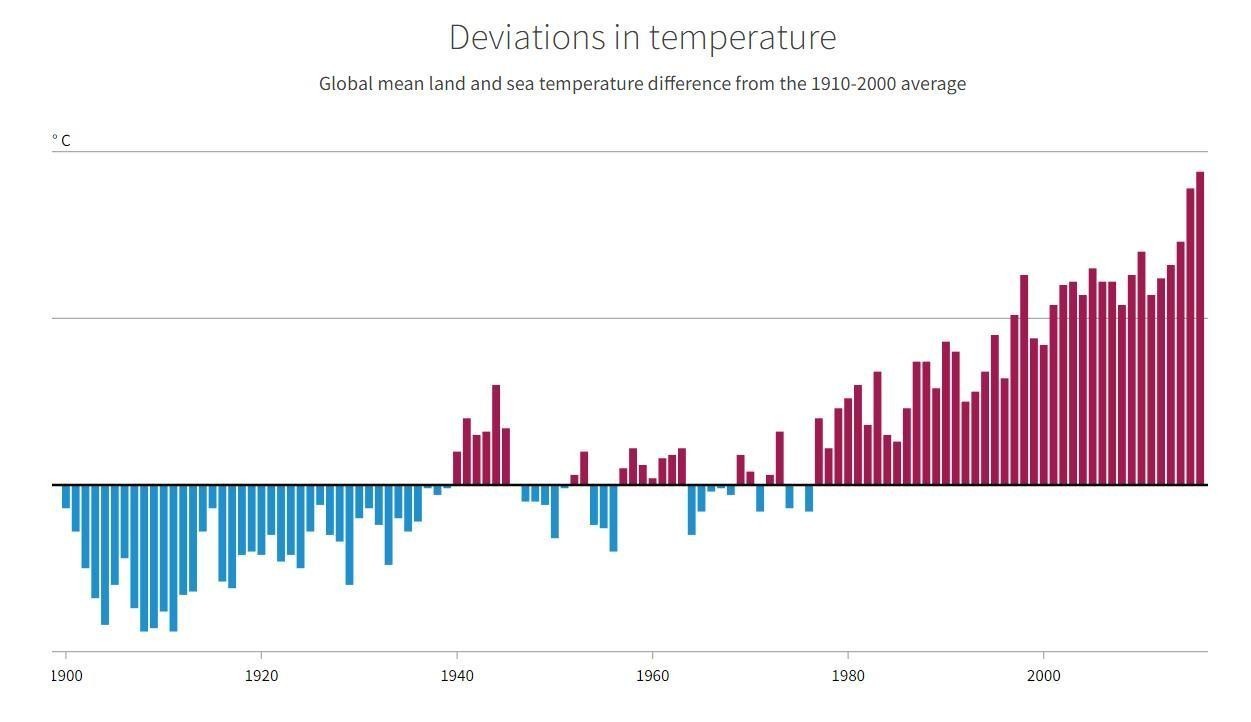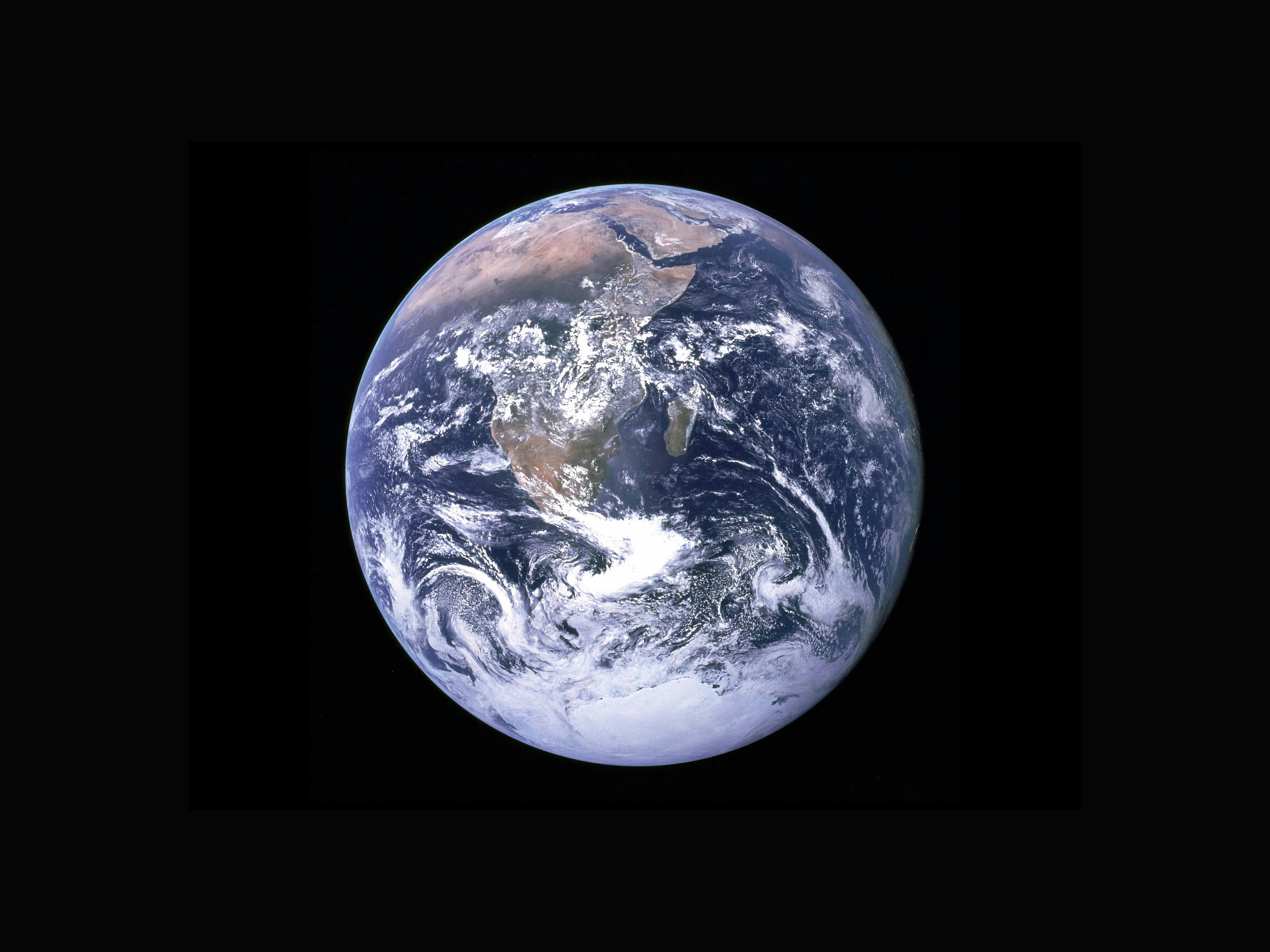Why India is most at risk from climate change

Climate change is expected to affect India's agricultural incomes.
Image: REUTERS/Amit Dave
Stay up to date:
Climate Crisis
India is the most vulnerable country to climate change, followed by Pakistan, the Philippines and Bangladesh, a ranking by HSBC showed on Monday.
The bank assessed 67 developed, emerging and frontier markets on vulnerability to the physical impacts of climate change, sensitivity to extreme weather events, exposure to energy transition risks and ability to respond to climate change.
The 67 nations represent almost a third of the world's nation states, 80 percent of the global population and 94 percent of global gross domestic product.
HSBC averaged the scores in each area for the countries in order to reach the overall ranking. Some countries were highly vulnerable in some areas but less so in others.
Of the four nations assessed by HSBC to be most vulnerable, India has said climate change could cut agricultural incomes, particularly unirrigated areas that would be hit hardest by rising temperatures and declines in rainfall.
Pakistan, Bangladesh and the Philippines are susceptible to extreme weather events, such as storms and flooding.
Pakistan was ranked by HSBC among nations least well-equipped to respond to climate risks.
South and southeast Asian countries accounted for half of the 10 most vulnerable countries. Oman, Sri Lanka, Colombia, Mexico, Kenya and South Africa are also in this group.
The five countries least vulnerable to climate change risk are Finland, Sweden, Norway, Estonia and New Zealand.
In its last ranking in 2016, HSBC only assessed G20 countries for vulnerability to climate risk.
Don't miss any update on this topic
Create a free account and access your personalized content collection with our latest publications and analyses.
License and Republishing
World Economic Forum articles may be republished in accordance with the Creative Commons Attribution-NonCommercial-NoDerivatives 4.0 International Public License, and in accordance with our Terms of Use.
The views expressed in this article are those of the author alone and not the World Economic Forum.
Forum Stories newsletter
Bringing you weekly curated insights and analysis on the global issues that matter.
More on Climate ActionSee all
Gill Einhorn
April 15, 2025
Hubert Keller and Maximilian Martin
April 15, 2025
Makaio Witte and Sourajit Aiyer
April 14, 2025
Katia Moskvitch
April 14, 2025
Michelle You
April 10, 2025





